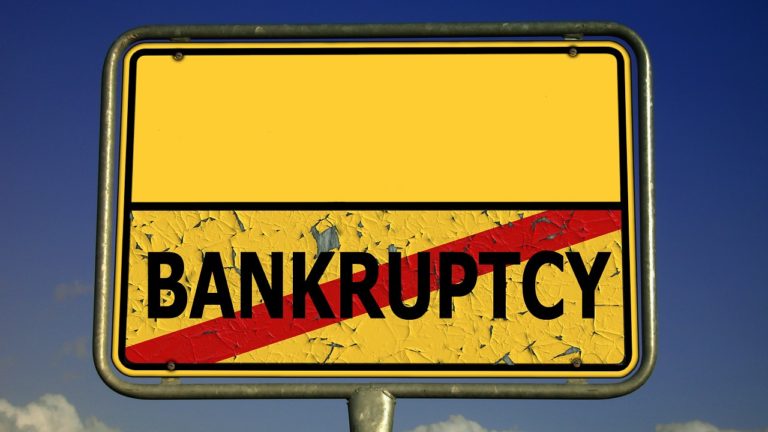Bankruptcy is typically viewed as a last resort, but it can be a life raft for consumers who are drowning in debt. Common reasons for filing include a loss of income, medical expenses or spending beyond one’s means.
However, bankruptcy can also negatively impact your credit score and make it difficult to get unsecured credit down the road. This article will cover the ways bankruptcy is a good option.
1. It can help you get a fresh start
One of the main benefits of bankruptcy is that it provides you with a financial fresh start. This is important because it allows you to regain control of your finances and build healthy habits regarding credit. The fresh start also gives you the opportunity to make life choices that may have been limited by debt and bad credit.
Many people get into financial trouble due to poor choices, like excessive credit card use, or unexpected events, such as a serious illness or job loss. These situations can lead to a pile up of debt that can be difficult to manage.
Besides discharging debt, bankruptcy also stops creditors from harassing you, which is a great relief for many people. It can also stop evictions, repossessions and wage garnishment. However, it does have a long-lasting impact on your credit score and can make it difficult to obtain loans or credit in the future. This is why it’s important to consider alternative debt relief options before you decide to file for bankruptcy.
2. It can help you avoid foreclosure
For individuals facing foreclosure, filing bankruptcy can offer a reprieve from creditors and allow them to catch up on their mortgage payments. However, it’s important to understand that filing for bankruptcy does not necessarily prevent a foreclosure or repossession from taking place.
Many homeowners who file for Chapter 13 bankruptcy find that they are able to catch up on their overdue mortgage payments as part of their repayment plan, which involves making monthly payments over the course of three to five years.
For homeowners who have junior mortgages that aren’t fully secured by the value of their home, the court can use a process called lien stripping to reclassify those debts as unsecured. This allows the lender to pursue foreclosure on those loans, but the homeowner will be able to keep their home. A foreclosure can damage your credit score for seven years, while bankruptcy may only remain on your credit report for 10. If you’re behind on your mortgage payments, a Harrisburg bankruptcy attorney can help you figure out how to avoid foreclosure. Be sure to consult one for any legal and professional advice.
3. It can help you get rid of unsecured debt
Whether it discharges your debts or simply restructures them into a more
manageable repayment plan, bankruptcy offers some financial relief. Creditors can stop harassing you with phone calls and letters, halt wage garnishment or other collection activities, and you may be able to reclaim assets like retirement savings and a home that’s underwater.
However, the most important thing to keep in mind is that not all types of debt can be eliminated by bankruptcy. Non-dischargeable debts include student loans, alimony and child support, as well as back taxes.
Bankruptcy also ruins your credit for several years, making it difficult to take out new loans or even rent an apartment. Other options that don’t affect your credit as severely include debt settlement, which involves convincing creditors to accept less than what you owe – but still leaves a mark on your report. The good news is that bankruptcy is losing its negative image as more people realize it’s a viable option to get out of debt and start fresh.
4. It can help you get rid of secured debt
While bankruptcy does not discharge all debts, it can help you get rid of secured debt. Secured debts are those with collateral attached, like a mortgage or car loan. But a bankruptcy will not automatically cancel these debts, and you must continue to make the monthly payments unless you want to keep the property. If the value of the property is less than the debt balance, you can also redeem the asset for its actual value during bankruptcy.
Bankruptcy offers several advantages over other forms of debt relief, including the ability to wipe out most unsecured debt and establish a firm repayment plan for your remaining debt. It also provides protection from legal action and a chance to rebuild your financial future without the burden of excessive debt. However, it is important to understand that bankruptcy will damage your credit. It will show on your credit report for a few years, and it can affect your ability to get a home, car or credit card.

Leave a comment